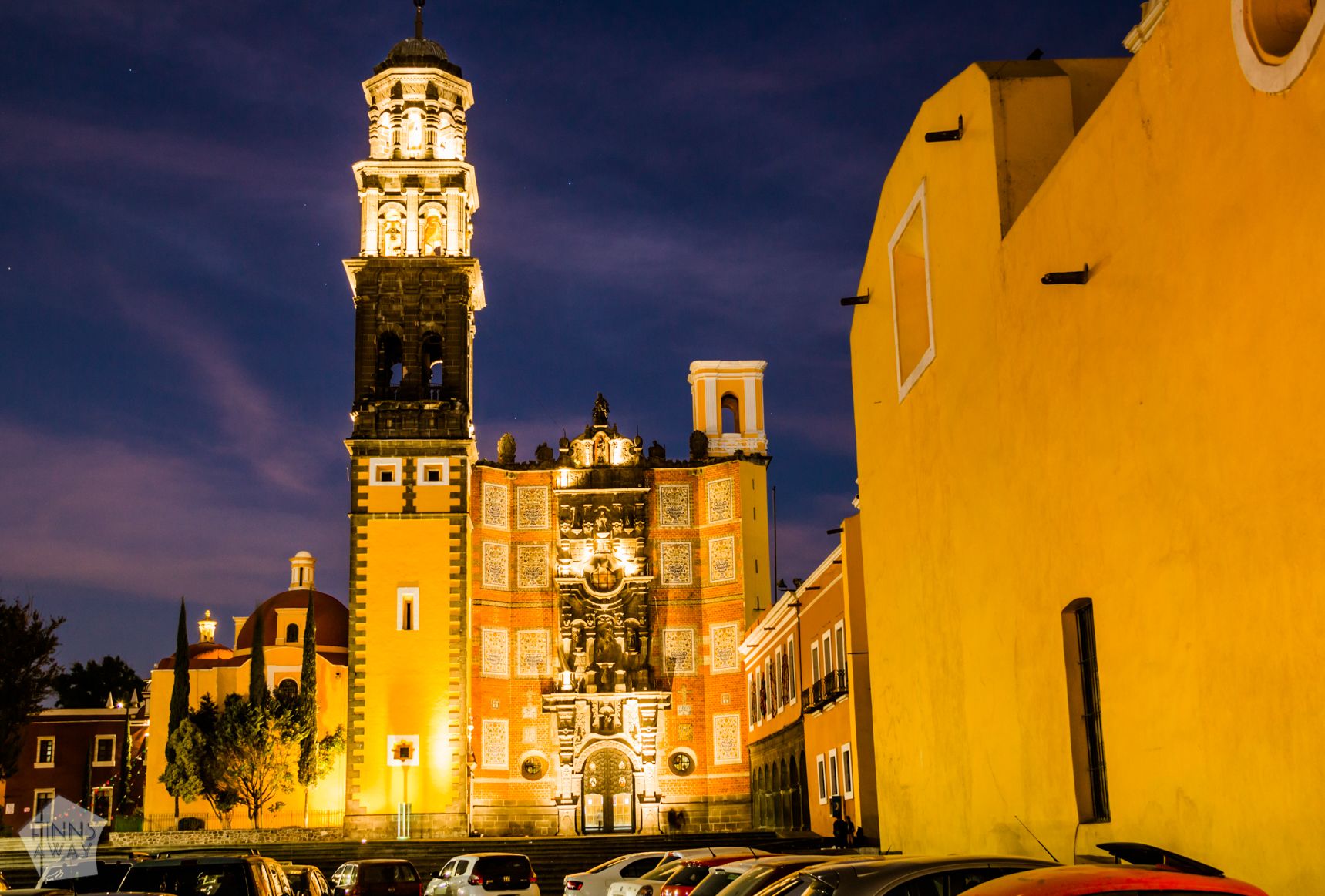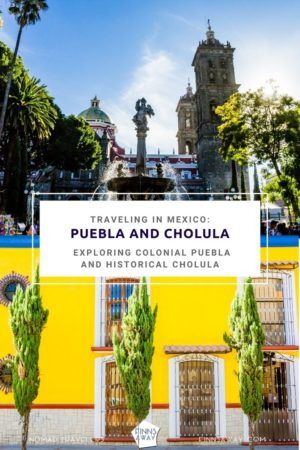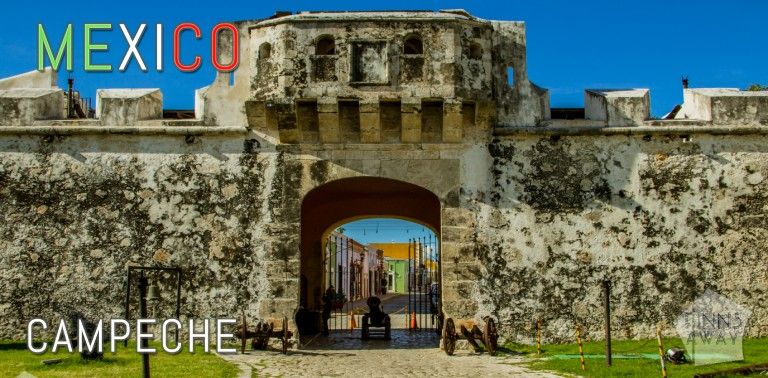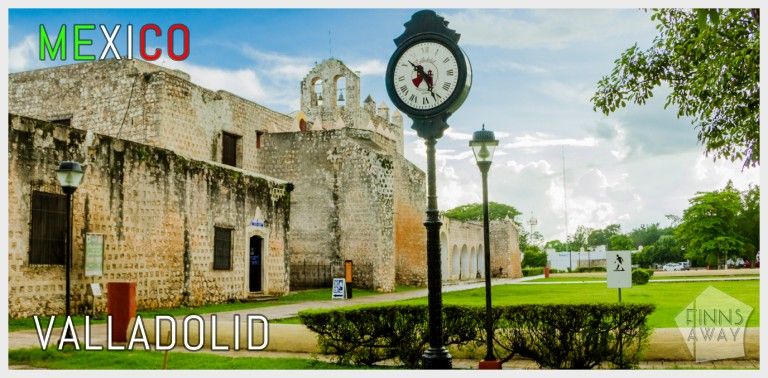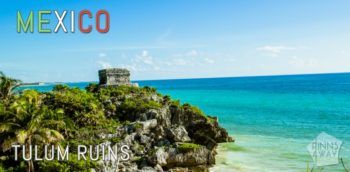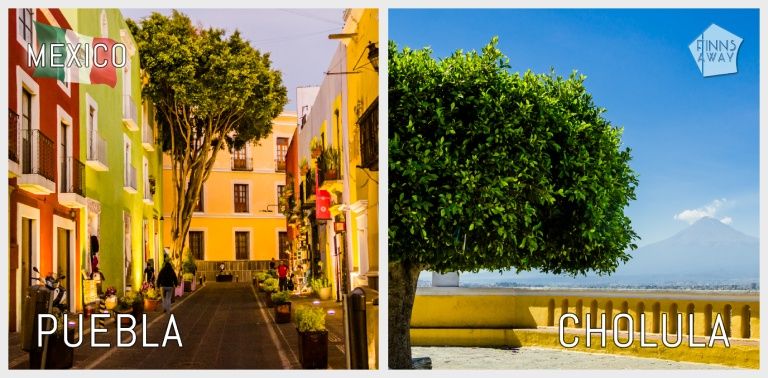
Exploring Mexico: Puebla and Cholula
Published: September 25, 2020
Mexico is a huge and diverse country, with endless amount of interesting destinations for travelers to explore, whether you are keen on beach life or historical towns, busy metropolises or rural villages. Mexico is also a very mountainous country, and for many it comes as a surprise, that the average elevation of the whole country is way over thousand meters, and for example Mexico City is situated over 2 200 meters above the see level. Puebla state is situated in the central highlands of Mexico, south-east from Mexico City. Mountains dominate the landscape of Puebla state, but between them is the Valley of Puebla, and towns with rich colonial history. In this post we introduce the colonial city of Puebla, and the neighboring town of Cholula.
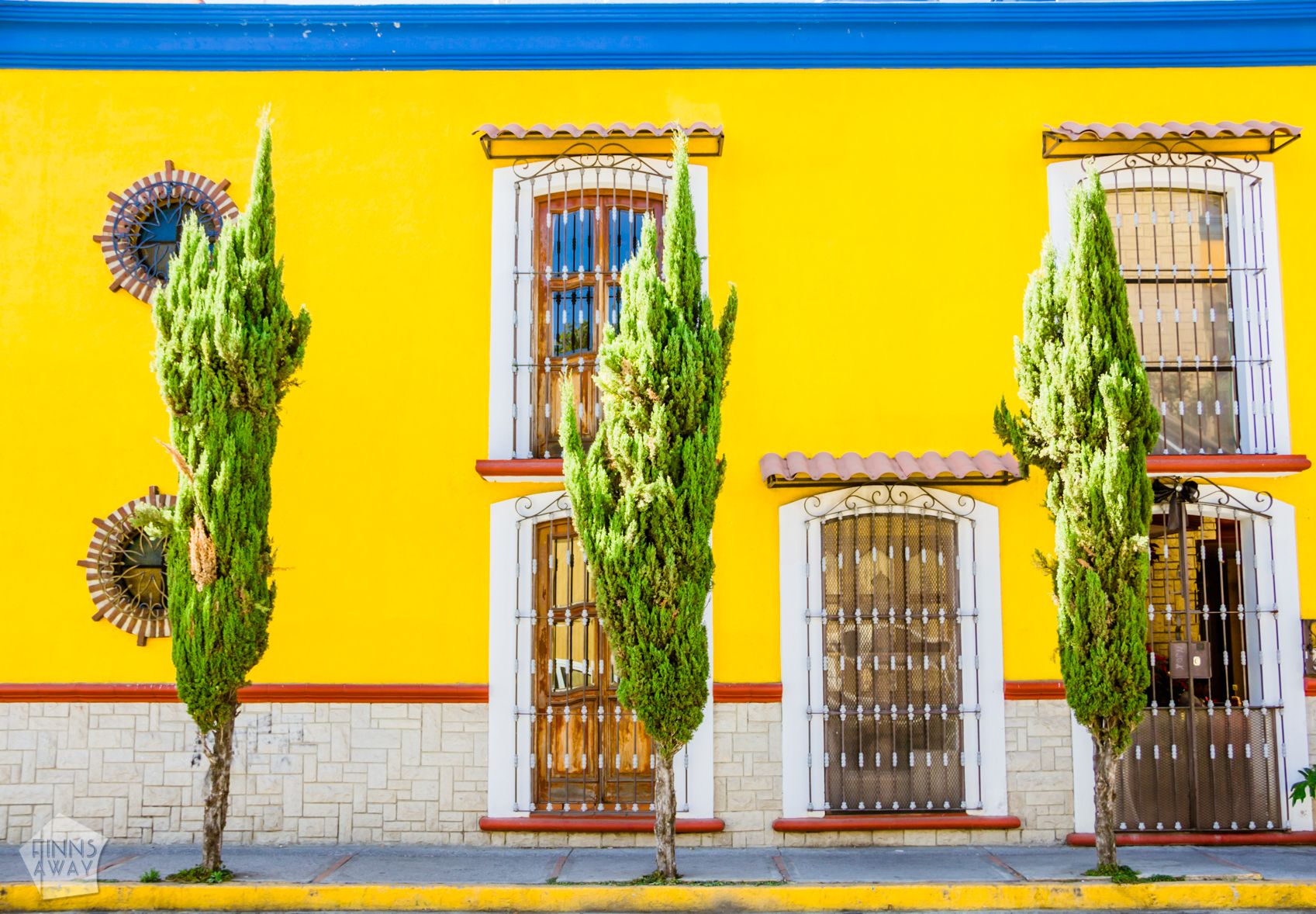
Elegant colonial Puebla
We ended up in Puebla, also known as Puebla de Zaragoza, principally because of the nearby volcanoes we wanted to hike, but soon realised how magnificent destination the city itself is. The colonial history in a nutshell; Puebla was established in 1531 as a Spanish city, and located in the midway between the capital and the main port, it had an important role in the history of New Spain. The city grow rather quickly, and became prosperous. After the independence war, all Spaniards were expelled from Puebla in 1827. Nowadays Puebla is a big city with population of 1,5 million in the city area, and together over three million in the urban area.
Related post: Hiking La Malinche Volcano, day tip from Puebla
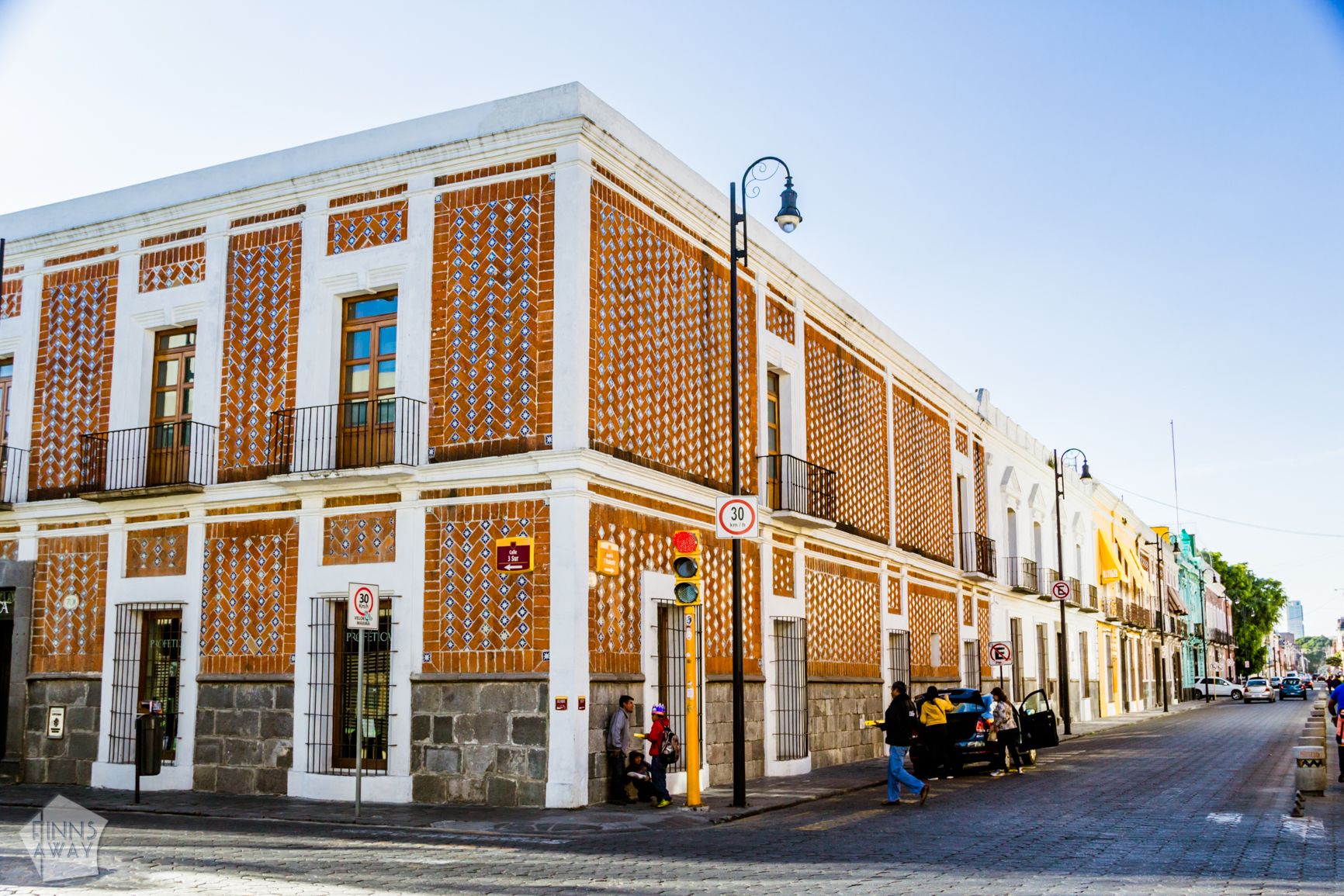
Puebla is rather famous for Talavera ceramics, a Mexican and Spanish pottery tradition. Talavera production grew in Puebla, because there was natural clay of good quality available, and demand for decorated tiles for building monasteries and churches. Despite the fact that Talavera ceramic is used mostly to produce dishes and decorative figures, it’s also used a lot to make decorative tiles too. The ornamental tiles are used both outside and inside buildings. In the historic center of Puebla, there are a lot of beautiful colonial buildings with Talavera tiles forming decorative patterns to the facades.
Sightseeing in Puebla
A walk around the well-preserved historic center of Puebla is a joyful experience. The streets are lined with colorful buildings, there are handsome churches around every corner (there are over 70 in total!), and some lush plazas to hang around and admire the surrounding pieces of architecture as well as the daily life of the city. The main sights are close to the main square of the city, the Zocalo. It used to be a marketplace back in the days, but for long it has served as a small city park, with street food vendors and balloon sellers.
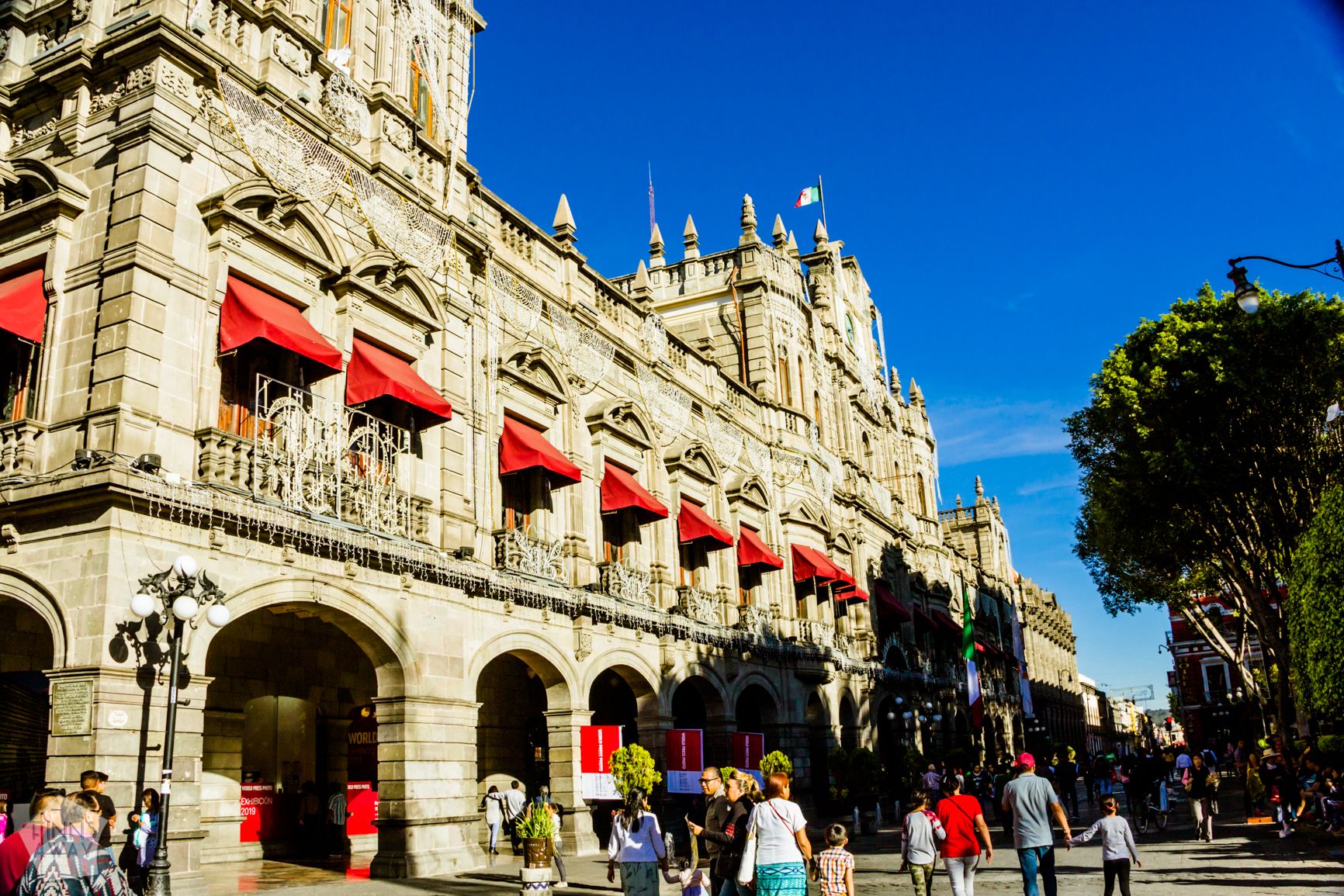
The impressive Puebla Cathedral on the south side of the square, with 69 meters high bell towers, was built during 16th and 17th centuries, mixing renaissance and baroque styles. Behind the cathedral is the tile-decorated Casa de la Cultura, a former bishop’s palace that is nowadays a governmental building and holds also the first public library in the Americas, Biblioteca Palafoxiana, that is a Historic Monument of Mexico as well as a part of UNESCO Memory of the World. For those who want to dive deeper in the history, there are several museums in the historic center, focusing for example on arts, architecture, or the battles of the 1910 revolution.
Historical Cholula
The town of Cholula, officially called Cholula de Rivadavia, is so close to Puebla, that it could be a suburb, but it’s a small town with a history of its own, very different from Puebla. Cholula was an important religious center long before the Spaniards arrived, from the first century AD. It was ruled by several different indigenous peoples during the centuries before colonialism. Cholula in fact is one of the oldest continuously inhabited cities in the whole North America.
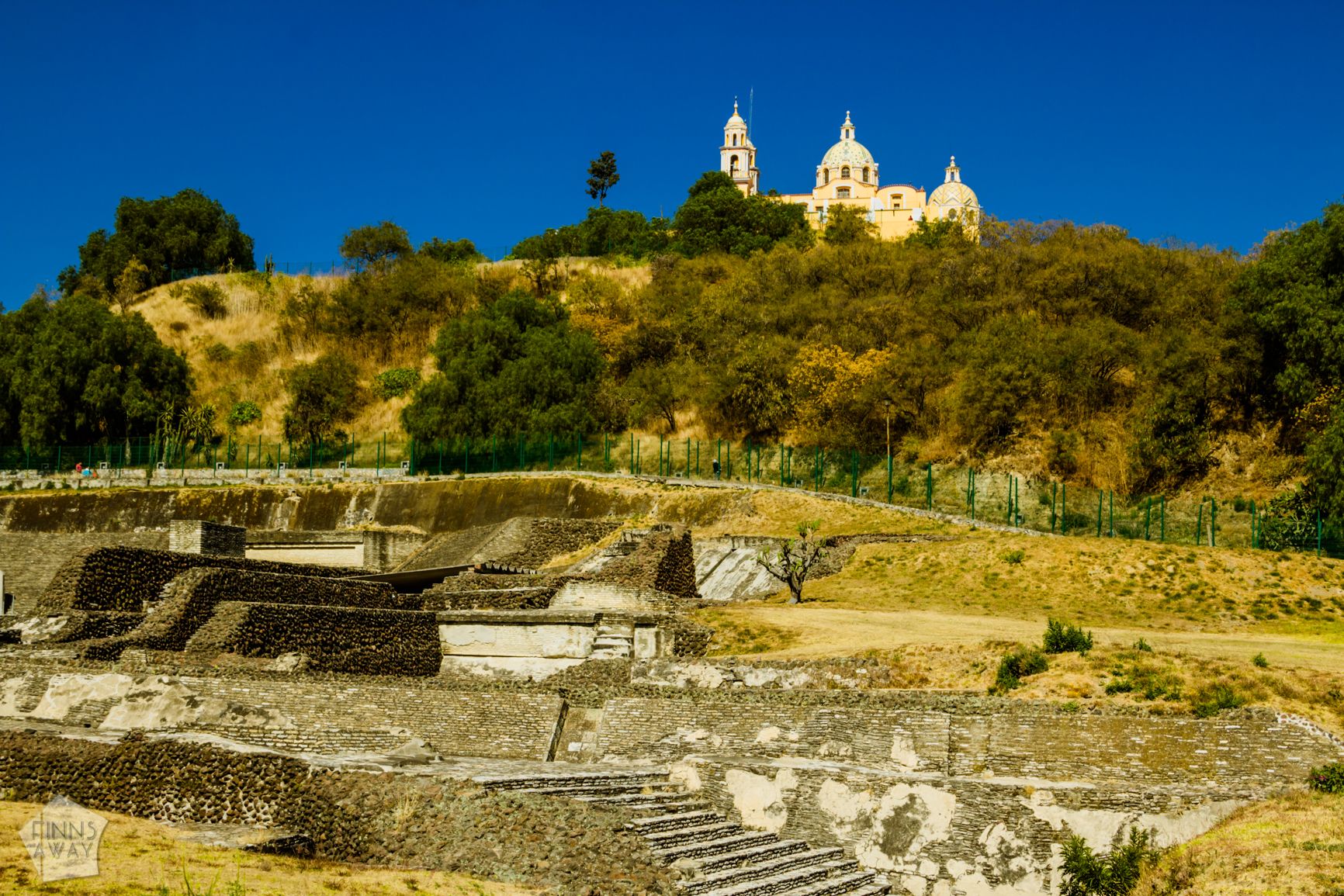
The top sight of the town is the Great Pyramid, with a 16th century church built on top of it, possibly without knowing that the hill top was actually hiding the peak of a huge pyramid. The Great Pyramid, that is said to be the biggest in volume in the whole world, was built in four stages from 3rd century BC to 8th century AC and it’s believed that it was dedicated to the god Quetzalcoatl. The population of ancient Cholula reached over 100 000 people, before the temple area was abandoned in the 8th century. Over the centuries the Great Pyramid was overgrown, and stayed untouched until the 19th century.
Today the pyramid still mostly looks like a hill, and as the church stands on top of it, there is no plan to uncover the whole structure. Archaeological excavations have been done from 1930’s, and several kilometres of tunnels have been dug to explore the structure and history. There is an archaeological site on the south side of the hill, and some sections of the tunnels in the pyramid itself are open for visitors (tickets 80 pesos, roughly 4 € in 2020). The church on top of the pyramid, Iglesia de Nuestra Señora de los Remedios (Our Lady of Remedies Church) is worth a visit too, and the views towards volcanoes and over the town are wonderful, especially in the morning when the visibility is usually better.
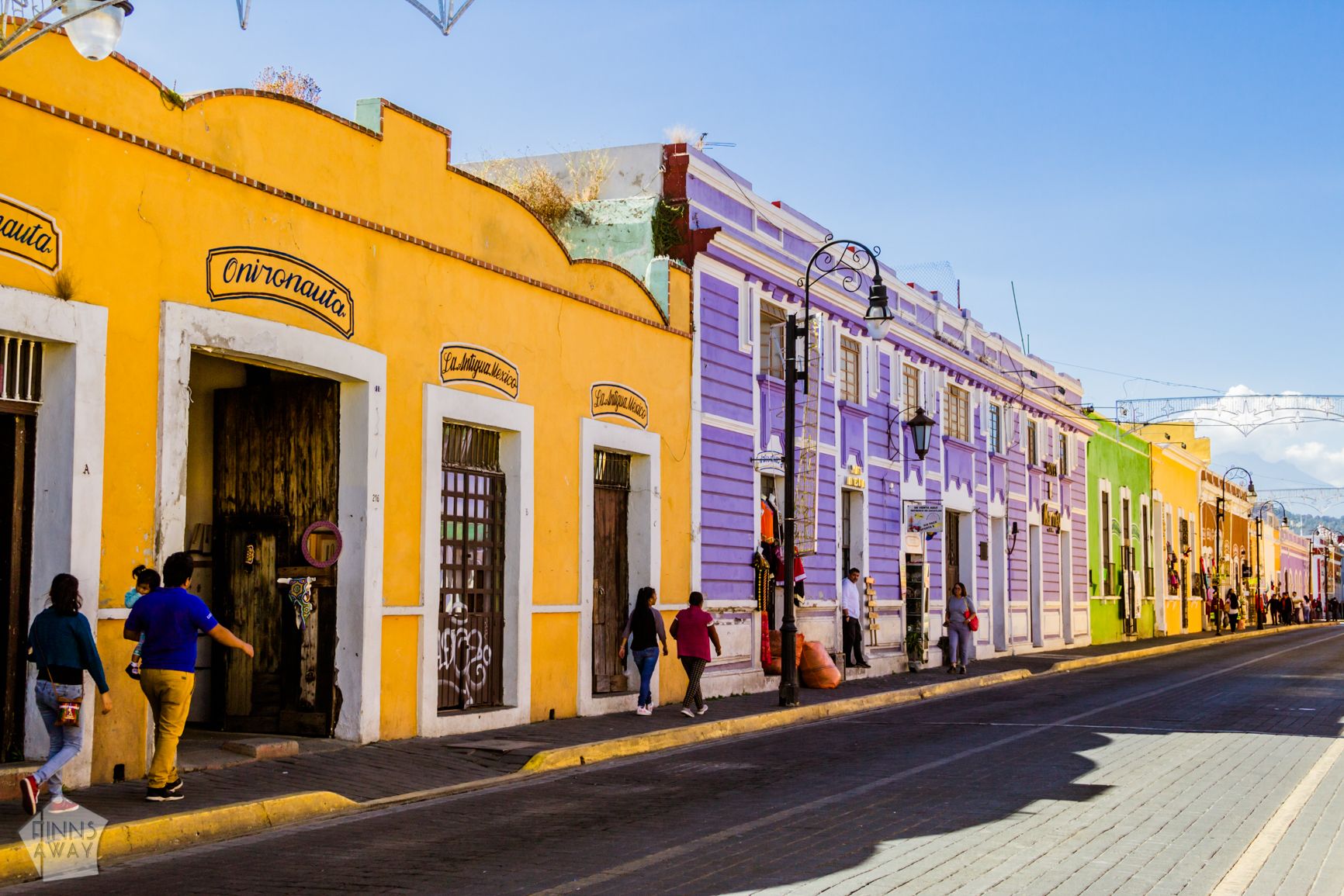
Like Puebla, Cholula is best explored on foot, walking along the colorful streets of the town center. There are several beautiful churches in here too, according to a legend altogether 365, one for each day of the year, but in fact just about 40. They represent different architecture styles and whereas some are quite minimalist from the outside, some are richly decorated. There is of course also a sizable central square, neighbored with the quarter of the Monastery of San Gabriel, with impressive churches, chapels and bell towers.
How to get there and where to stay
Situated only roughly 130 km from the capital, Puebla is easy to reach from Mexico City by bus. There are a couple of companies offering regular first class and deluxe services, and also some cheaper second class connections. There are straight bus connections to several other bigger cities as well. Renting a car to get to Puebla is a good idea too, as with your own wheels it’s easy explore the surroundings and head to the volcanoes. Moving between Puebla and Cholula is easy, as there are collectivo vans leaving in about every 20 minutes, and bigger city buses too. Driving between Cholula to Puebla took quite a lot of time despite the short distance, but maybe we were on the move during the rush hour.
For staying overnight in Puebla, there are a lot of hotels for different budgets, and also guest houses and some hostels. Check out for example Gente de Más Bed & Breakfast, that looks like a very cozy option with affordable price. Or if you’d like to have something more upscale, there are some luxurious spa hotels, like El Sueño Hotel & Spa located right in the historical center. The accommodation options in Cholula are excellent too, and many visitors actually choose to stay in Cholula instead of Puebla, and make day trips to Puebla from there. Check out for example Hotel MS, that offers cozy private rooms with breakfast.
